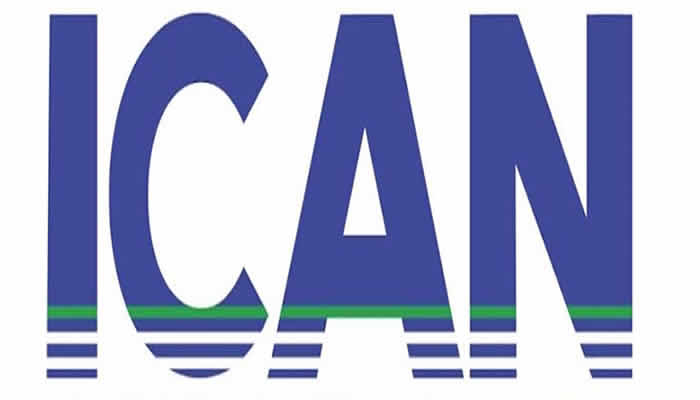LAGOS – The Manufacturers Association of Nigeria (MAN), has stated that the proposed Federal Government reform will ensure equitable tax treatment for companies operating in the customs territory and those licensed to operate within the free zones with respect to sales into the customs territory, thereby enabling fair competition while protecting the country’s tax base.
Segun Ajayi- Kadir, MAN’s Director General, while reacting to the optimistic benefits of the proposed reform of free-trade zone operations in Nigeria, said, the tax reform bill before the National Assembly has actually come to the rescue.
He said: “I believe that the tax reform bill before the National Assembly has actually come to the rescue. The bill seeks to bring clarity and equity by stating that sales to the customs territory are taxable, not just for import duties and VAT, but also CIT purposes. That is to say that all sellers in the customs territory should be subject to the same tax obligations.
“Licensed entities will also enjoy similar incentives available to entities within the customs territory with respect to their sale of goods and services into the Customs Territory, a win-win outcome”.
According to Ajayi- Kadir: “It is important for us to situate this conversation within the context of what export processing zones and export free trade zones were created to achieve and the value they are purposed to deliver to the economy.
“It is clear from the enabling laws and in the 3rd Schedule to the NEPZA Act with the first listed approved activity stated as “manufacturing of goods for export”, while other activities relate to international services, transshipment and services within the zones.
He noted that the emphasis here is “within the zones.
“For instance, banking is listed as an approved activity, but it does not mean that a bank can set up in the zone and render banking services across Nigeria without paying taxes, rather it refers to banking within the zone and exports.
“So, this should explain how other activities (apart from manufacturing for export) should be viewed.
“The concern of my members and the contention here are obviously pertaining to tax incentives.
“In specific terms, Section 8 on exemption from taxes only applies to approved enterprises operating within a Zone.
“They are exempted from all Federal, State and Local Government taxes, levies and rates. Sales to the customs territory is neither an approved activity nor is it within the zone.
“However, section 18 permits the sale of goods and services to the customs territory, but this does not confer tax exemption on the sales, but rather a regulatory matter regarding what is permissible.
“Over time, the provisions of sections 8 and 18 have been misinterpreted as not only permitting the sale into the customs territory but also as tax exemption.
“So again, I say this is where the concern of my members and the contention lies: This position is not consistent with the law and it undermines tax-paying entities operating within the customs territory and producing similar goods and services. Where does the tax exemption enjoyed by the companies operating within the zones, leave my more than 2,500 members who operate outside the zone, in terms of level playing field, competitiveness, fairness and equity? They find themselves in a disadvantage position and are rendered less competitive.
“Subsequently, I don’t think the relevant provisions of the tax reform bill amount to a reversal of the incentives, not at all.
“It is actually a clarification to align with the intent and letters of the enabling laws. This is in line with global best practice for free zones. In fact, Nigeria will continue to be more generous even after the proposed amendments. An example that is not farfetched is the situation in nearby Ghana. Ghana only allows up to 30% sales into the customs territory subject to payment of duties and taxes, including CIT. Whereas we allow 100% sales. Exports by a zone entity are tax-free only for 10 years after which up to 8% CIT will apply. Nigeria offers indefinite tax exemption on exports”.




 3 hours ago
19
3 hours ago
19









 English (US) ·
English (US) ·